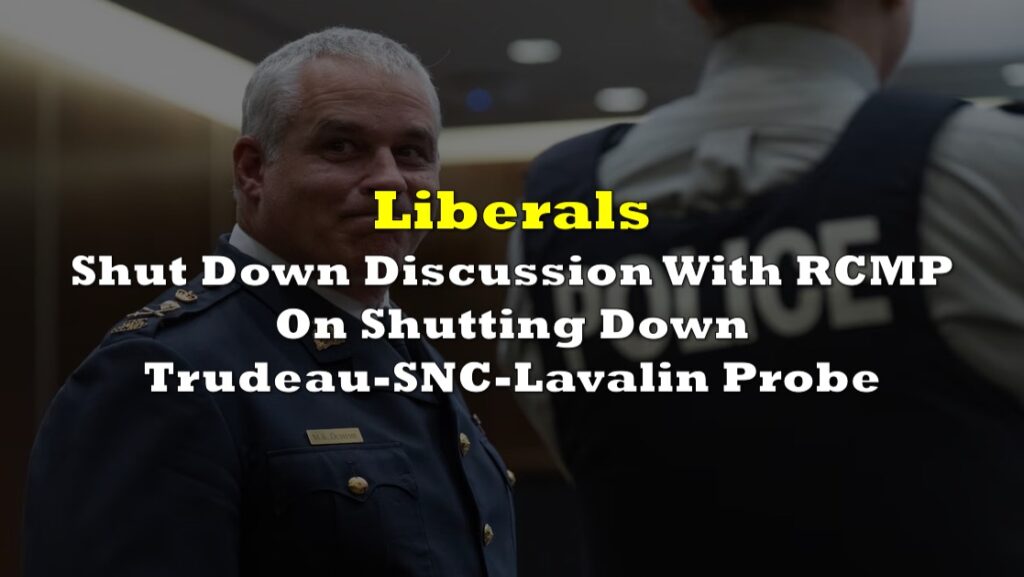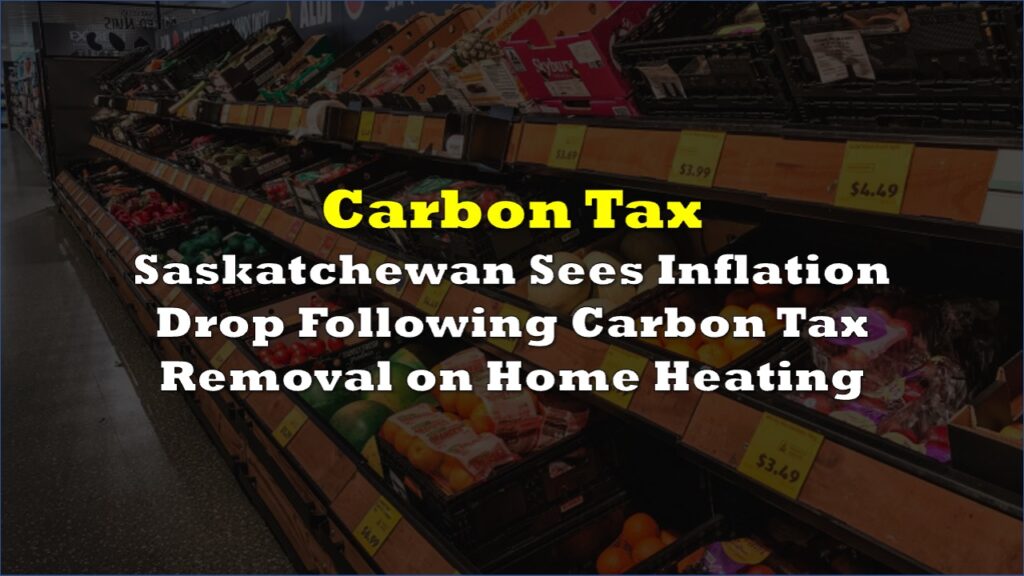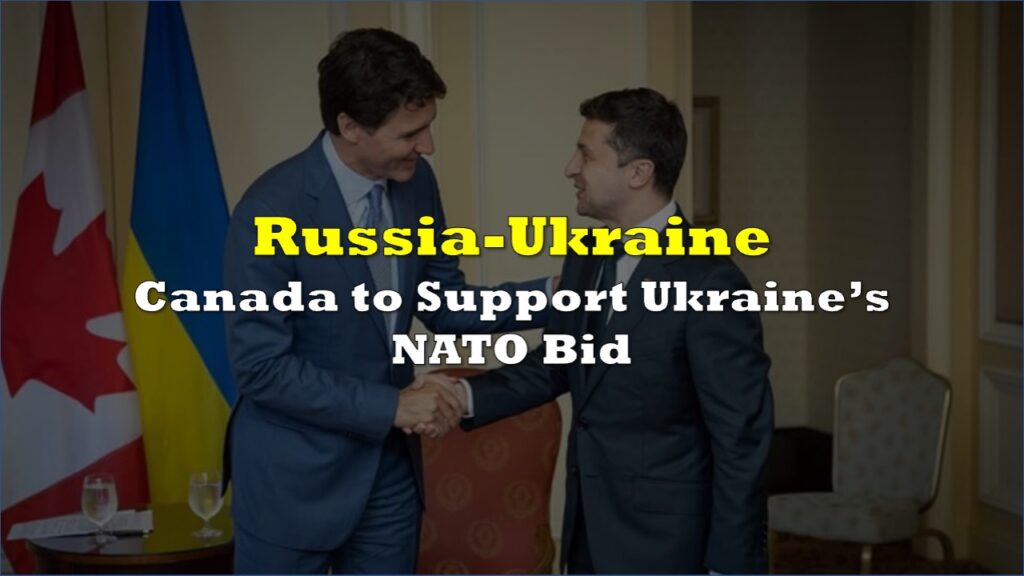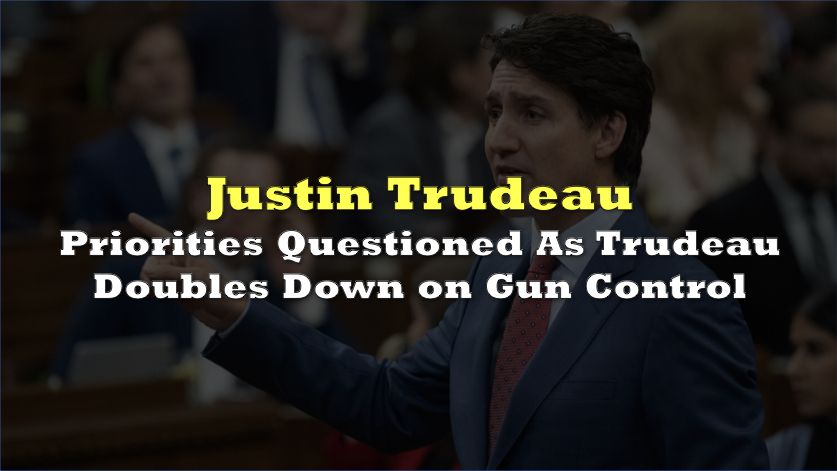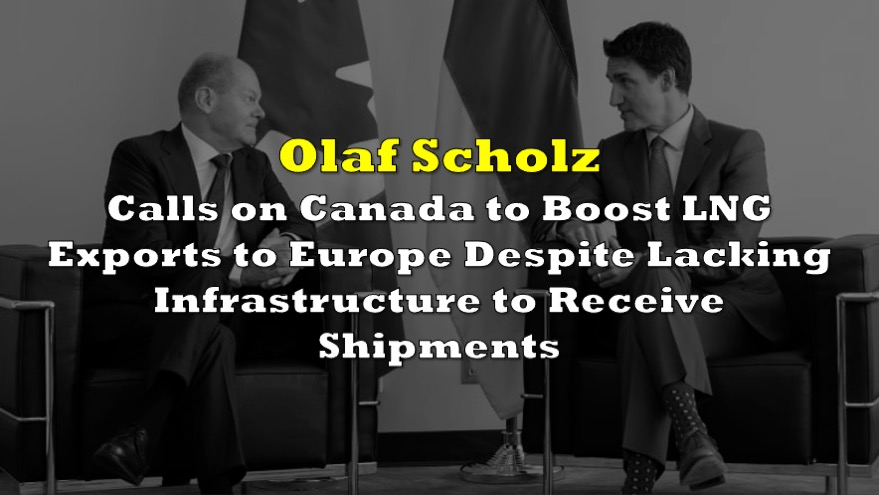The province of Saskatchewan has taken a legal stand against the federal government by filing an injunction to prevent the Canada Revenue Agency (CRA) from collecting millions of dollars in carbon levy money. Saskatchewan Justice Minister Bronwyn Eyre announced the move on Thursday, arguing that the federal revenue service’s actions are unconstitutional.
The injunction application, submitted to the Federal Court in Vancouver, challenges the CRA’s authority to withdraw approximately $28 million from the province’s consolidated revenue fund.
The Trudeau-NDP government is sending the CRA after the province’s bank account, all because we are providing the same carbon tax relief on home heating in SK they provided Atlantic Canada.
— Scott Moe (@PremierScottMoe) July 4, 2024
It’s unfair and it’s unconstitutional. Here’s our response. pic.twitter.com/x1GtiNIJ9g
“This is fundamentally an unfair targeting of Saskatchewan. One set of Canadians was given relief, and another province is to have its bank account raided. Is that really where we want to be at in this country?” Eyre criticized.
Earlier this year, the Saskatchewan Party government, led by Premier Scott Moe, ceased paying the carbon levy on natural gas. This decision followed Prime Minister Justin Trudeau’s exemption for home-heating oil users from the carbon tax—a move perceived to favor Atlantic Canada, where home-heating oil is prevalent, and where federal Liberal support is crucial.
By not adhering to the federal emissions law, Saskatchewan risks penalties, including fines and potential jail time for the minister responsible for natural gas distribution. Despite these risks, the province remains steadfast in its position, asserting that the carbon levy’s application is no longer consistent across the nation.
Eyre elaborated on the province’s stance, noting, “The premise of the carbon tax was minimum national standards and fair application across the country. The Supreme Court decision predated any of these carve-outs and exceptions.”
In response to Saskatchewan’s legal action, the federal government, through Minister of National Revenue Marie-Claude Bibeau, reaffirmed its commitment to enforcing the law.
“The CRA is on the case and has pursued collections as required by law,” Bibeau stated. “We stand firm in upholding the law. Our commitment to fairness and equality for all Canadians is unwavering, as we strive to level the playing field and champion environmental responsibility nationwide.”
The dispute has highlighted a significant rift between provincial and federal authorities over climate policy and regional equity. Moe has been vocal about what he perceives as a disparity in treatment between different regions of Canada.
“The Trudeau-NDP government is sending the CRA after the province’s bank account, all because we are providing the same carbon tax relief on home heating in Saskatchewan they provided Atlantic Canada. It’s unfair and it’s unconstitutional,” he posted on X.
Eyre underscored the unfairness perceived by Saskatchewan’s leadership. “Last fall, the Trudeau-NDP government announced a carbon tax exemption on home heating oil, primarily for Atlantic Canadians. Our government said Saskatchewan families should receive fair and equal treatment,” she said.
“When they refused, we took action, to ensure that Saskatchewan people were treated fairly by removing the carbon tax on natural gas and electricity used for home heating here in Saskatchewan, how did the Trudeau government respond? One minister called it immoral. Another said that if we wanted a carbon tax exemption, we should have elected more liberals.”
“Other parts of Canada get tax relief, but we get our bank account garnished for providing that same tax relief. It’s unfair and it’s unconstitutional. Section 126 of Canada’s Constitution does not allow the federal government to grab money from a province’s bank account,” Eyre seconded.
The federal government maintains that the carbon levy is constitutionally sound, citing a previous Supreme Court of Canada ruling. Trudeau has emphasized that Saskatchewan residents will continue to receive carbon rebates, asserting that most Canadians receive more in rebates than they pay in levies.
Information for this story was found via City News and the sources mentioned. The author has no securities or affiliations related to the organizations discussed. Not a recommendation to buy or sell. Always do additional research and consult a professional before purchasing a security. The author holds no licenses.





